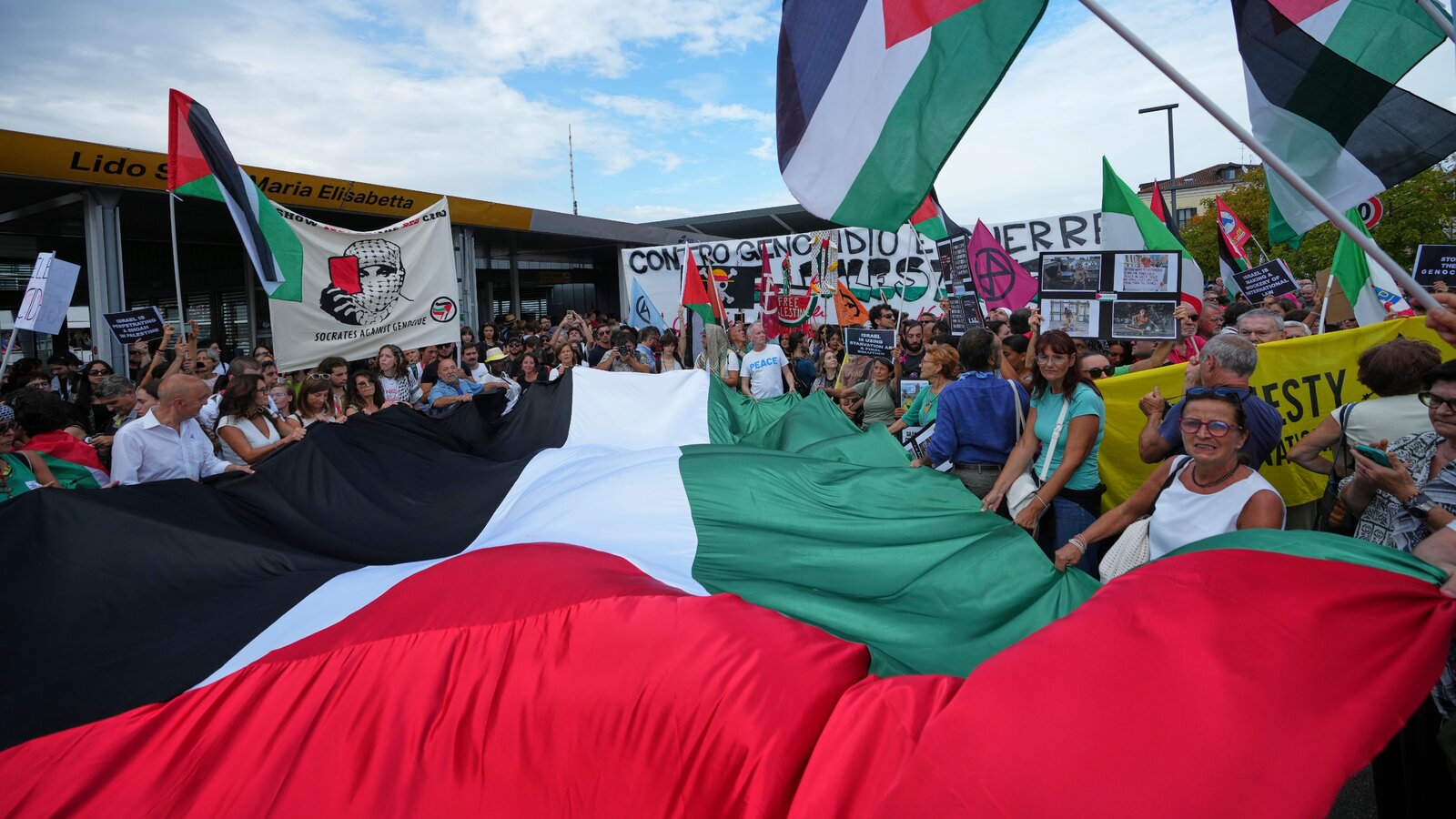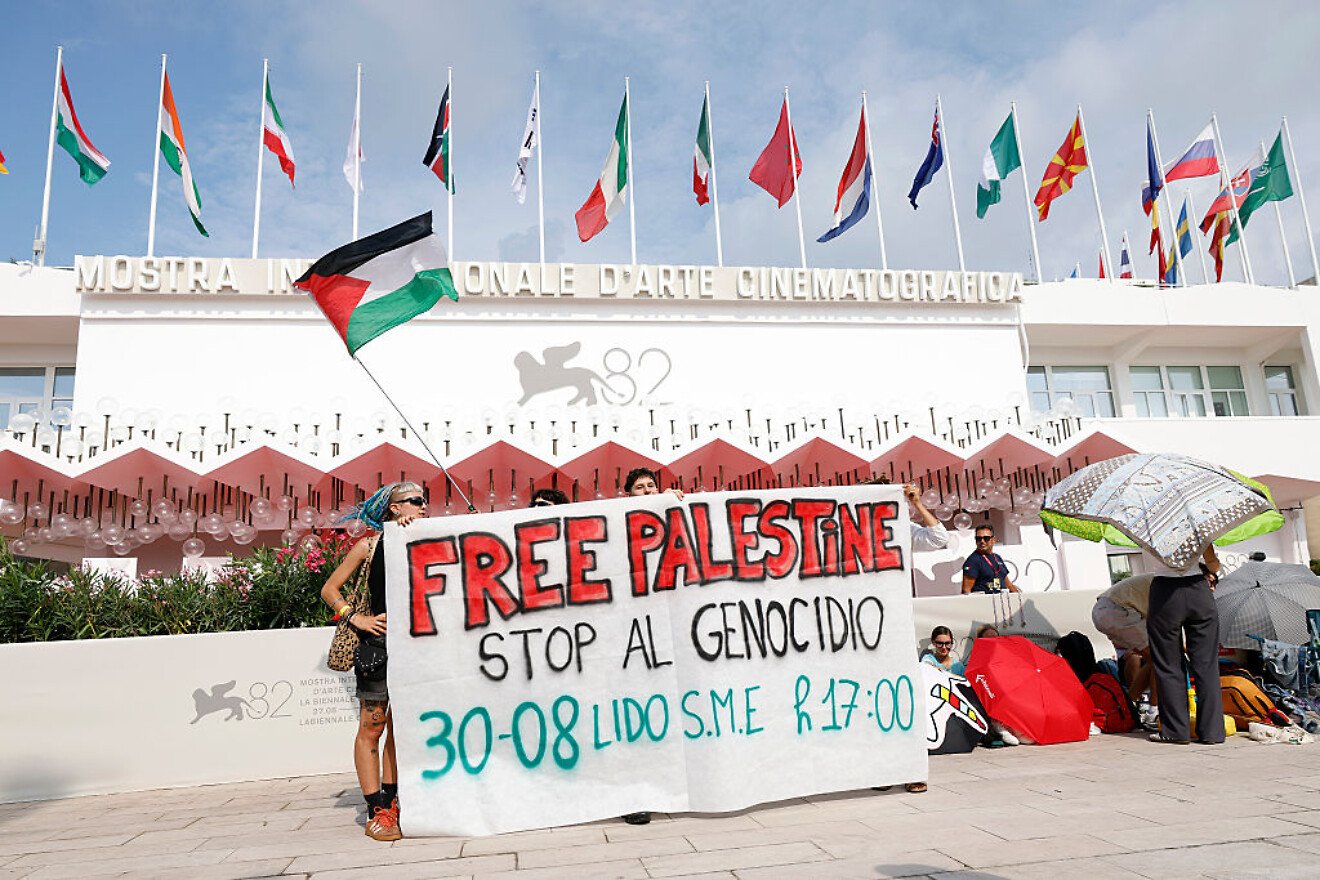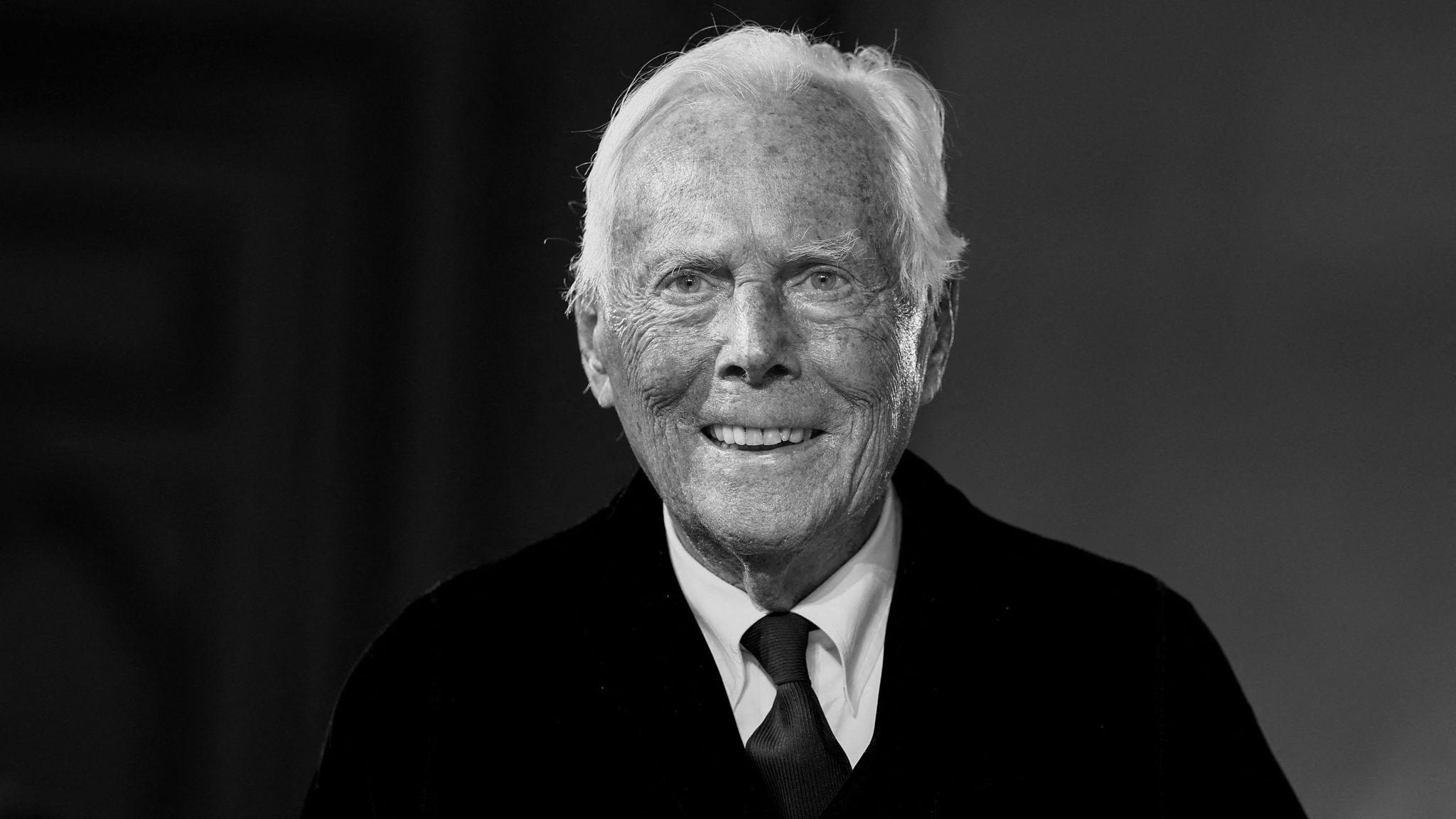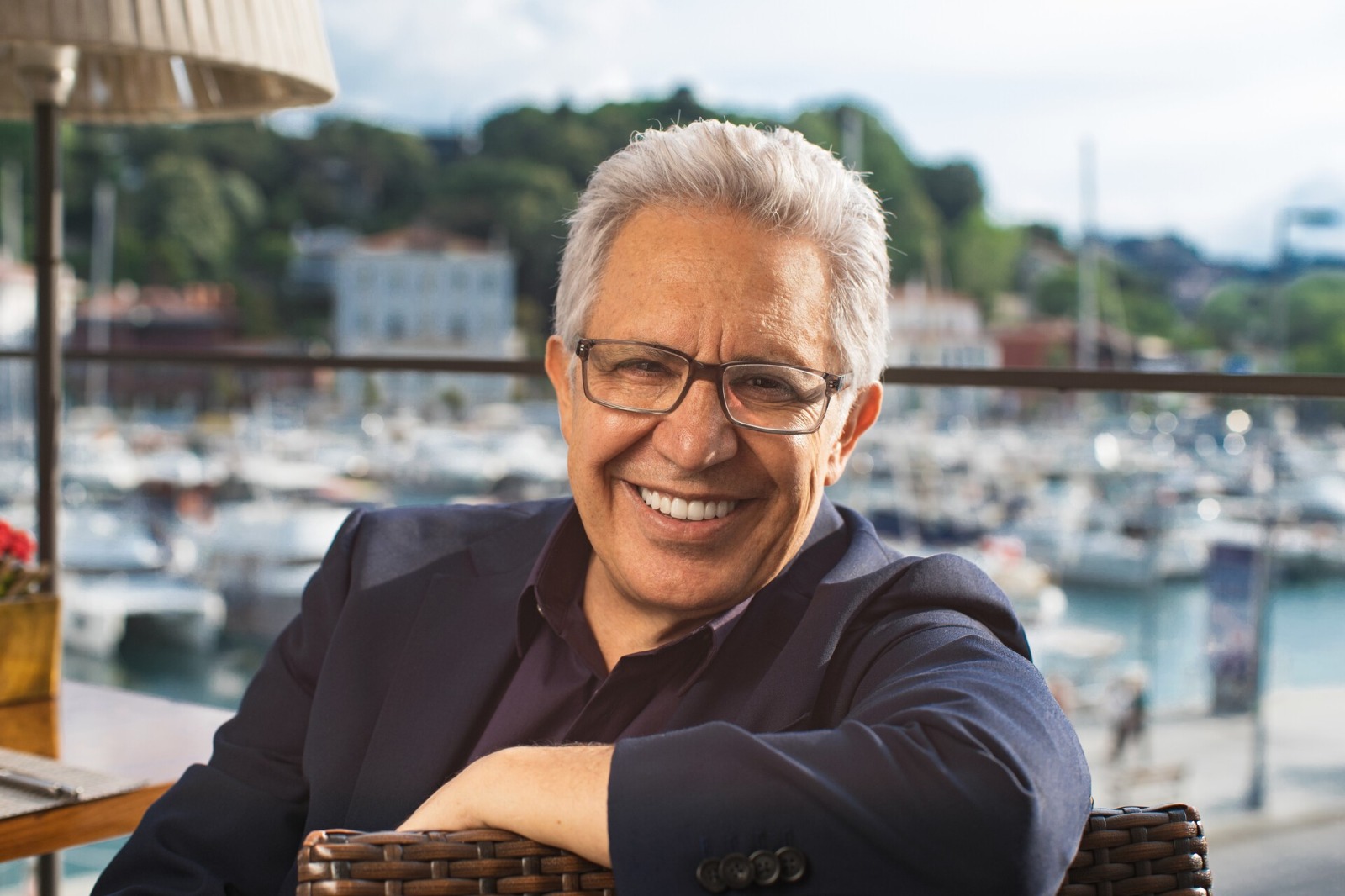At the Venice Film Festival, thousands of people marched through the streets of Lido waving Palestinian flags and chanting “Free Palestine” in protest of the attacks on Gaza.
This year, the Venice Film Festival is making headlines more for politics than cinema. On Saturday, one of the largest mass protests in the festival’s history took place: thousands gathered at the festival to demand an end to Israel’s attacks on Gaza. The organization Venice4Palestine, composed of Italian and international film professionals, played a critical role in organizing the protest; they had published an open letter to the festival management and artists last weekend, accelerating the planning of the demonstration.
During the march, festival attendees and the public intermingled, carrying Palestinian flags and chanting “Free Palestine.” Protesters held banners calling for “Peace” and added a carnival-like atmosphere with music, smoke bombs, and torches. Yet the demands were clear: “Stop the genocide, end Western complicity.”
The organizers’ statement emphasized, “The Venice Film Festival should not remain an event isolated from the world; it must expose Israel’s genocide, reveal Western governments’ complicity, and provide tangible support to the Palestinian people.”
During the march, Lido’s main streets were closed by police, and the protest’s voice reached the festival center. The statement read: “Hospitals, schools, and refugee camps in Gaza are being bombed; journalists and doctors are being killed; civilians are left to hunger and thirst. Apartheid and settler violence continue in the West Bank. This barbarity has exceeded all bounds of humanity and international law.”
Days before the festival, hundreds of international artists and filmmakers issued a similar call, urging the festival management to explicitly condemn Israel’s attacks and remove publicly pro-Israel figures — such as In the Hand of Dante actors Gal Gadot and Gerard Butler — from the guest list. Gadot later confirmed she would not attend the festival.
The Biennale management highlighted that festivals have historically been “spaces for open debate” and noted that the scheduled films already bring current issues to light. Festival director Alberto Barbera stated: “We will not withdraw invitations to artists. However, we have repeatedly expressed our deep sorrow over what is happening in Gaza and Palestine. The death of civilians, especially children, is unacceptable.”
Jury president Alexander Payne remained distant from the debate: “I am here to talk about cinema. I keep my political views to myself.”

The Stance of Annie Ernaux and Céline Sciamma
One of the most striking moments of the festival took place in front of Isola Edipo. Nobel Prize-winning author Annie Ernaux and director Céline Sciamma read the text Da Venezia a Gaza, written during the Cannes Film Festival and updated to reflect the dramatic developments in Gaza. The reading, held in front of the boat symbolizing Pasolini’s Edipo Re, resonated as a symbol of human rights struggle at the heart of the festival.
The text emphasized the violence, hunger, and deprivation faced by civilians in Gaza, making Ernaux and Sciamma’s refusal to remain silent explicit.
From festival to festival, the killings continue. At Cannes, over a thousand people from around the world gathered to support a statement expressing grief and stance against the killing of Fatma Hassouna and her family by the Israeli army.
Since then, the massacres have not stopped. Peace activist, teacher, and member of the collective that created the Oscar-winning documentary No Other Land, Awdah Hathaleen, was killed by a settler. Israel later targeted and killed one of the last journalist teams in Gaza: Anas Al-Sharif and five Al Jazeera colleagues. Since the massacre began on October 7, 2023, over 250 journalists have been injured.
The number of civilians killed by the Israeli army, settlers, and in prisons continues to rise. Since October 2023, more than 150,000 Palestinians have been injured.
The entire population of Gaza has become a target. As artists, actors, and cultural workers, we cannot remain silent while a genocide unfolds in Gaza and daily news profoundly shakes our communities.
We must not allow art to be complicit in the worst. Let us raise our voices. Let us speak the truth, so it can no longer be silenced or hidden. Let us reject the propaganda that constantly occupies our imagination and erodes our humanity. We are many, and we are everywhere.
We are in Venice, and all eyes are on us. For Fatma, for Awdah, for Anas; for all children, women, men, journalists, doctors, and civilians — let us take action. Let us act before it is too late.
From Venice to Gaza, we must use our power every day, every hour, every breath. We must demand an end to the genocide on all platforms.
With these statements, protesters added an artistic stance to their demonstration.
This year, the Venice Film Festival witnessed the unavoidable encounter of cinema and politics. The voices rising in the streets of Lido were recorded not only in the history of cinema but also in the conscience of the world.







